USA | Canada | UK | Ireland | Australia | New Zealand | India | South Africa | China
Penguin supports copyright. Copyright fuels creativity, encourages diverse voices, promotes free speech, and creates a vibrant culture. Thank you for buying an authorized edition of this book and for complying with copyright laws by not reproducing, scanning, or distributing any part of it in any form without permission. You are supporting writers and allowing Penguin to continue to publish books for every reader.
All Bible references are from the New International Version (NIV), unless otherwise noted.
While the author has made every effort to provide accurate telephone numbers, Internet addresses, and other contact information at the time of publication, neither the publisher nor the author assumes any responsibility for errors or for changes that occur after publication. Further, the publisher does not have any control over and does not assume any responsibility for author or third-party websites or their content.
The essays in the first half of this series have looked at people who encountered Jesus personally and had their lives completely changed. That raises a questioncan we encounter Jesus today and have our lives changed as dramatically?
As we have previously stated, the Christian gospel says that we are savedchanged forevernot by what we do, and not even by what Jesus says, but by what Jesus has done for us. And so we can best discover the life-changing grace and power of Jesus if we look especially at the main events of his lifehis birth, his sufferings in the wilderness and the garden of Gethsemane, his last supper and death on the cross, and his resurrection and ascension. It is through these actions that Jesus accomplishes a salvation in our place that we could never have achieved ourselves. That is why in later essays we have looked at some of these key events in his life. For it is only in seeing and understanding these events that an acquaintance with Jesus as a teacher and historical figure can become a life-changing encounter with him as our redeemer and savior.
In this final essay I want to consider the story of the annunciationthe angelic announcement to Mary that she would give birth to the Messiah. This account is neither a direct encounter with the historical person of Jesus, nor is it strictly speaking an event in his life. And of course, it happens prior to all the others we have examined. So why are we looking at it, and why are we looking at it last? I want to examine closely Marys response to the message of the angel, for in some ways Mary is like us. She has not met the earthly person of Christ, and neither have we. But she receives a message about him. It is basically the gospel message, describing who Jesus is and what he will do. And Mary responds in a wonderful, moving way. In her shining example, we get crucial insights about how we should respond to all the things we have been reading about Jesus in the first nine essays of this series.
Here is the account of the annunciation in Luke 1:
In the sixth month of Elizabeths pregnancy, God sent the angel Gabriel to Nazareth, a town in Galilee, to a virgin pledged to be married to a man named Joseph, a descendant of David. The virgins name was Mary. The angel went to her and said, Greetings, you who are highly favored! The Lord is with you. Mary was greatly troubled at his words and wondered what kind of greeting this might be. But the angel said to her, Do not be afraid, Mary; you have found favor with God. You will conceive and give birth to a son, and you are to call him Jesus. He will be great and will be called the Son of the Most High. The Lord God will give him the throne of his father David, and he will reign over Jacobs descendants forever; his kingdom will never end. How will this be, Mary asked the angel, since I am a virgin? The angel answered, The Holy Spirit will come on you, and the power of the Most High will overshadow you. So the holy one to be born will be called the Son of God. Even Elizabeth your relative is going to have a child in her old age, and she who was said to be unable to conceive is in her sixth month. For no word from God will ever fail.
I am the Lords servant, Mary answered. May your word to me be fulfilled. Then the angel left her.
At that time Mary got ready and hurried to a town in the hill country of Judea, where she entered Zechariahs home and greeted Elizabeth. When Elizabeth heard Marys greeting, the baby leaped in her womb, and Elizabeth was filled with the Holy Spirit. In a loud voice she exclaimed: Blessed are you among women, and blessed is the child you will bear! But why am I so favored, that the mother of my Lord should come to me? As soon as the sound of your greeting reached my ears, the baby in my womb leaped for joy. Blessed is she who has believed that the Lord would fulfill his promises to her!
First, let us see what this familiar text teaches about Jesus, and then we will notice how Mary responds to it.
What do we learn from the angel about who Jesus is? The message calls him the Son of the Most High. Now sometimes in ancient languages you could be called a son of someone if you resembled or believed strongly in that person. In John 8 Jesus has a highly charged argument with the religious leaders, who claimed to be children of Abraham and of God. Jesus countered that they were children of the devil because they lied like him! But this title means much more than that Jesus was simply a follower of God, because the angel adds, he will reign over the house of Jacob forever. Forever? And thenperhaps because he knows that Mary cant believe her earshe makes the same statement in another way: His kingdom will never end. He is saying, I really do mean forever . So there is a promise that this child who is about to be born will not just be a political or an earthly king, but will have a kingdom that will last forever. Indeed, the strong implication is that he is more than a mortal human being.




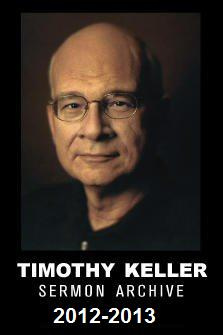

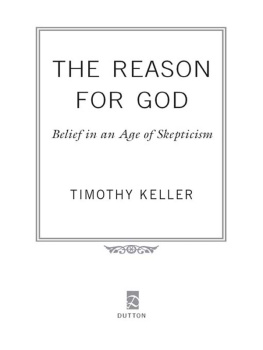
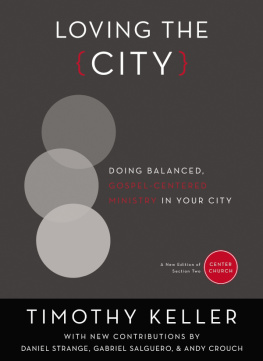






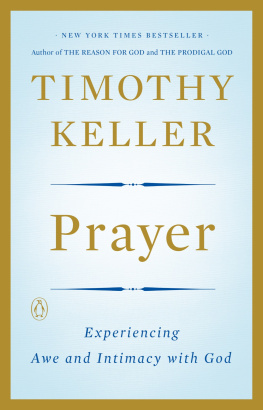


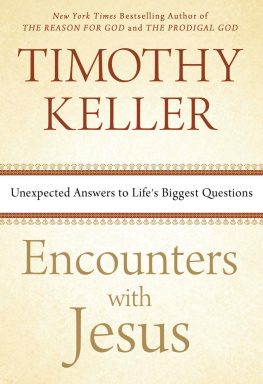





 REGISTERED TRADEMARKMARCA REGISTRADA
REGISTERED TRADEMARKMARCA REGISTRADA